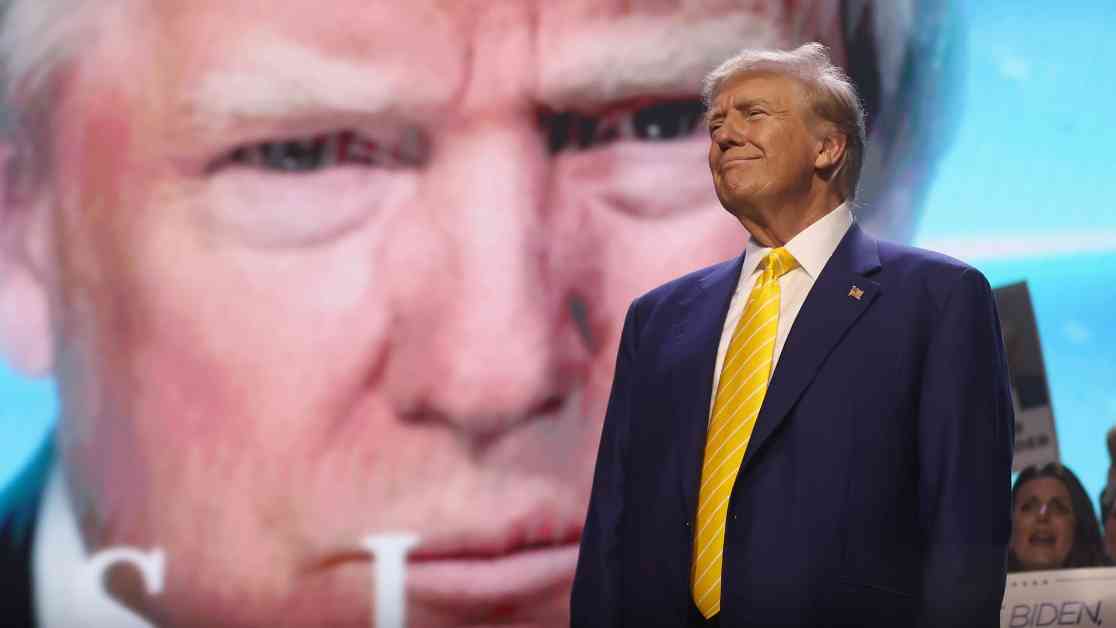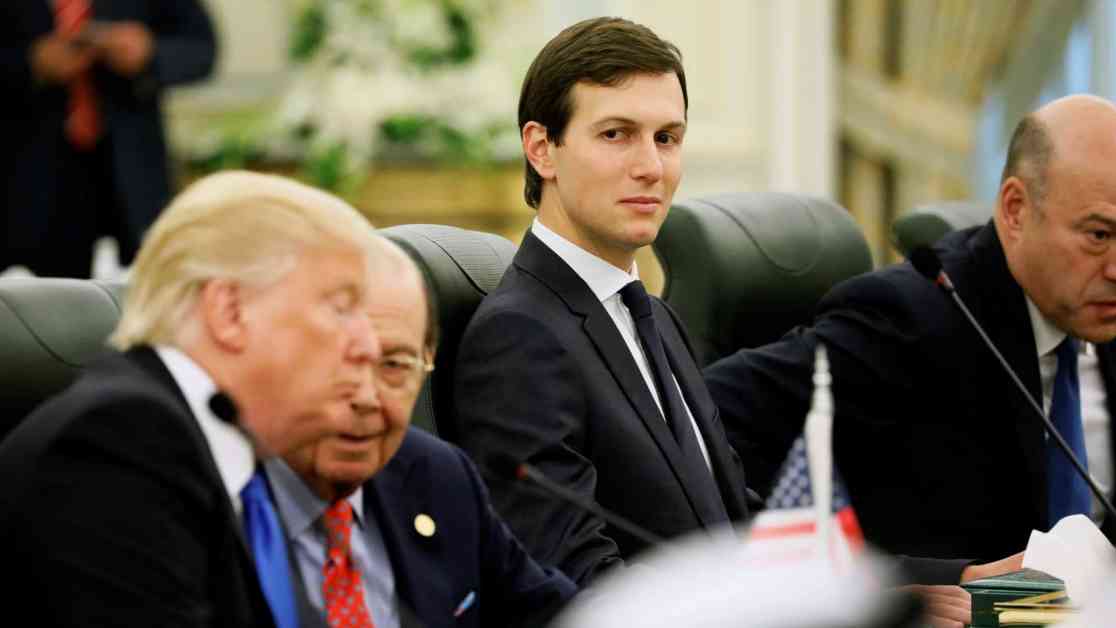Former President Donald Trump faced criticism from top CEOs during a recent Business Roundtable meeting, as reported by CNBC. Attendees in the room expressed frustration at Trump’s lack of coherent policy proposals and meandering speech. Some CEOs even walked out of the meeting less supportive of Trump than when they had entered.
Trump’s energy at the meeting was notably subdued, with no noticeable applause from attendees. This was in contrast to his earlier meeting with House Republicans, where he was described as engaged and animated, receiving rounds of applause.
While Trump was commended for his deregulatory and tax cut agenda during the Q-and-A section of the meeting, his vague responses and lack of concrete details left many CEOs shaking their heads. For example, when asked about his plan to reduce the corporate tax rate from 21% to 20%, Trump simply replied that 20% was a round number, a response that puzzled many in the room.
The shift in support from CEOs could be attributed to Trump’s failure to provide a clear direction or strategy during the meeting, especially on key issues like tax cuts and business regulations. This lack of focus may have contributed to the CEOs’ disappointment and skepticism towards Trump’s leadership.
In contrast, President Joe Biden’s administration has been implementing aggressive antitrust enforcement, pharmaceutical price caps, and progressive tax policies, which have caused concern among Wall Street executives. The contrast between Trump’s vague promises and Biden’s concrete actions may have influenced the CEOs’ changing attitudes towards the former president.
Overall, Trump’s performance at the Business Roundtable meeting left many CEOs unimpressed and questioning his ability to lead effectively on economic issues. The lack of clarity and substance in his proposals may have eroded support from a group that was initially open to his ideas. As CEOs continue to navigate the changing political landscape, the contrast between Trump and Biden’s approaches to economic policy will likely play a significant role in shaping their future decisions and support.




















